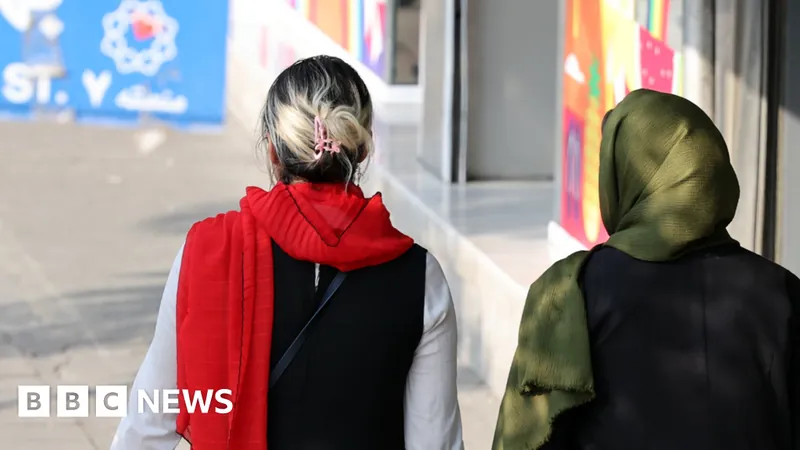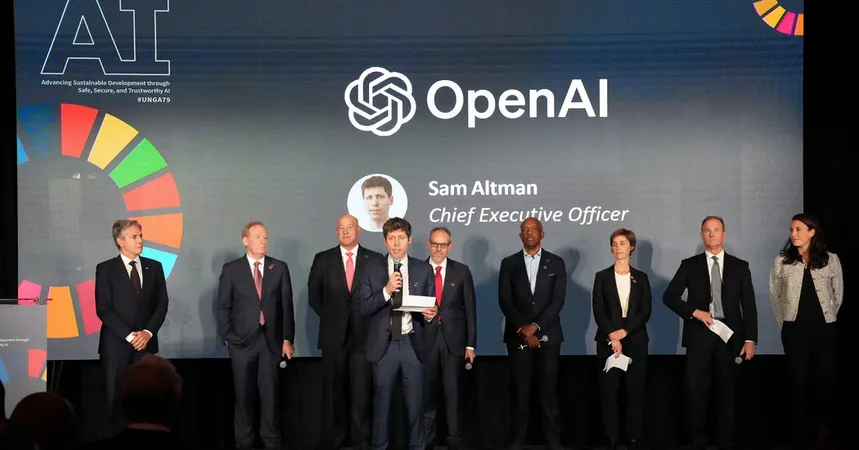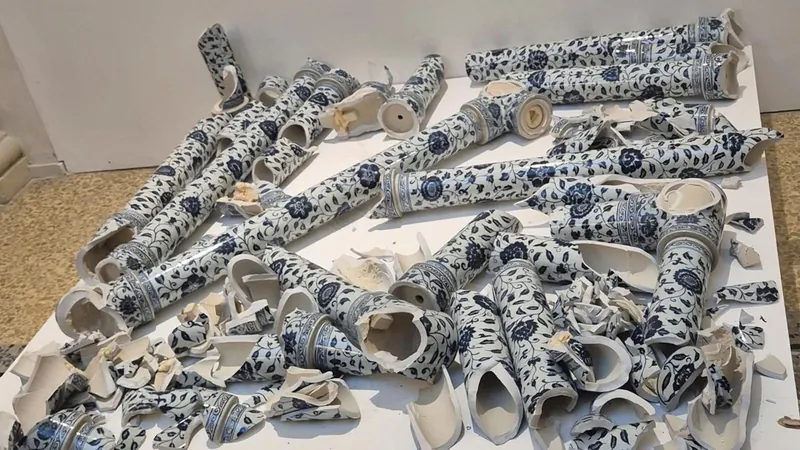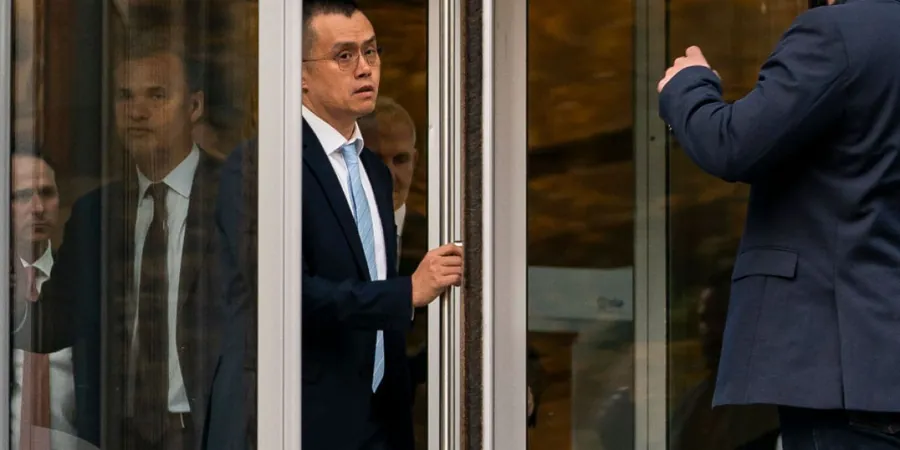
Will Iran's New President Really Ease Hijab Enforcement? Major Announcement Sparks Debate!
2024-09-17
Iran's New President's Controversial Announcement
In a surprising turn of events, Iran's newly inaugurated president, Masoud Pezeshkian, has declared that the morality police will cease to 'bother' women regarding the mandatory hijab headscarf. This statement comes just days after a stark warning from the United Nations highlighted that women in Iran are still facing violent reprisals for not adhering to strict dress codes.
Pezeshkian's First Press Conference
Pezeshkian made these comments during his first press conference since taking office, which coincidentally marks the second anniversary of Mahsa Amini's tragic death in police custody. Amini, a 22-year-old woman, was arrested under allegations of improperly wearing her hijab, a situation that ignited widespread protests across the nation. As the world looks on, the UN has emphasized that since these protests, Iran's government has intensified efforts to suppress women's rights and silence dissent.
Concerns About Ongoing Police Presence
During the press conference, a female reporter shared her experience of navigating through streets to avoid encounters with police vans, as she appeared in a loosely worn headscarf that revealed some hair. When questioned by Pezeshkian about the presence of police on the streets, she confirmed their ongoing patrols. In response, the president asserted, 'The morality police were not supposed to confront [women]. I will follow up so they don't bother [them],' a statement that has since gained traction online after being broadcast on major state television channels.
Pezeshkian's Reformist Aspirations
Pezeshkian, perceived as a potential reformist leader, ascended to the presidency following the unexpected death of his predecessor, the hardline Ebrahim Raisi, in a helicopter crash. His election campaign included promises to oppose police enforcement of the hijab and to alleviate some of the country’s strict internet censorship. The president's recent comments and the evident changes in dress code among female journalists at the conference, who were seen wearing more relaxed head coverings, hint at a possible shift in the political climate governing women’s rights in Iran.
Skepticism and Continued Oppression
However, skepticism remains surrounding the sincerity of these promises. The UN recently conducted a fact-finding mission in Iran, declaring that women continue to exist under a regime that relegates them to second-class citizens. Their report cited an escalation in the government's oppressive tactics, emphasizing increased surveillance aimed at enforcing hijab compliance in both public and private spheres, resulting in a concerning rise in instances of physical violence against women who defy these dress code laws.
Future Legislation Under Review
Perhaps most alarming is the potential for future legislation—dubbed the “Hijab and Chastity” bill—currently under review by Iran’s Guardian Council. This proposed law could impose even harsher penalties for women who fail to comply with hijab regulations, including substantial fines, extended prison sentences, restrictions on employment and educational opportunities, and travel bans.
What Lies Ahead for Women's Rights in Iran?
As the world watches, many are left wondering: Is this a genuine attempt at reform, or merely a calculated move to ease international scrutiny while maintaining the status quo? With women's rights in Iran at a critical juncture, the unfolding events promise to keep everyone on the edge of their seats. Will Pezeshkian's presidency bring about a new dawn for women's freedoms, or will it just be a fleeting moment of hope amidst ongoing oppression? Stay tuned!




 Brasil (PT)
Brasil (PT)
 Canada (EN)
Canada (EN)
 Chile (ES)
Chile (ES)
 España (ES)
España (ES)
 France (FR)
France (FR)
 Hong Kong (EN)
Hong Kong (EN)
 Italia (IT)
Italia (IT)
 日本 (JA)
日本 (JA)
 Magyarország (HU)
Magyarország (HU)
 Norge (NO)
Norge (NO)
 Polska (PL)
Polska (PL)
 Schweiz (DE)
Schweiz (DE)
 Singapore (EN)
Singapore (EN)
 Sverige (SV)
Sverige (SV)
 Suomi (FI)
Suomi (FI)
 Türkiye (TR)
Türkiye (TR)